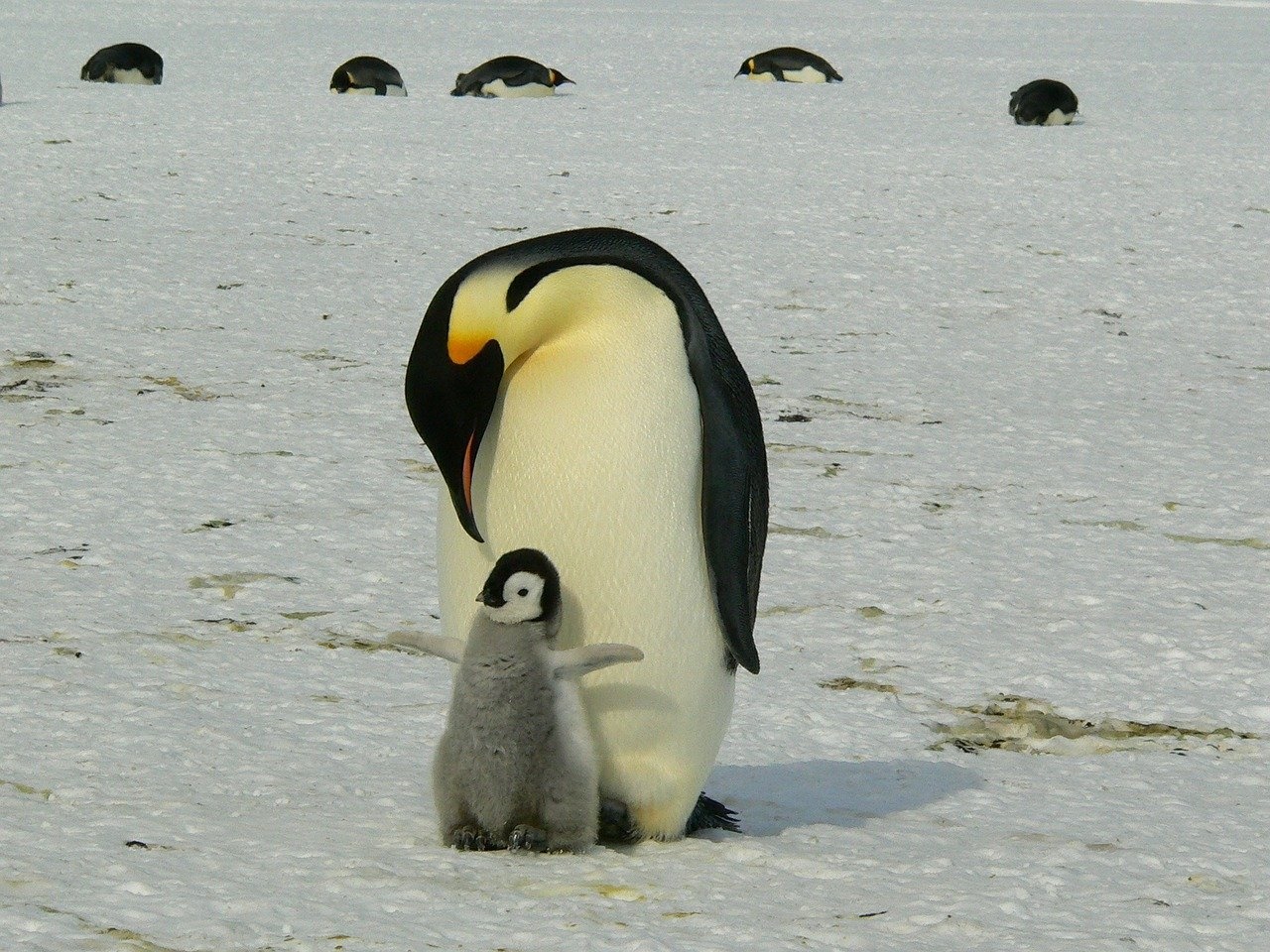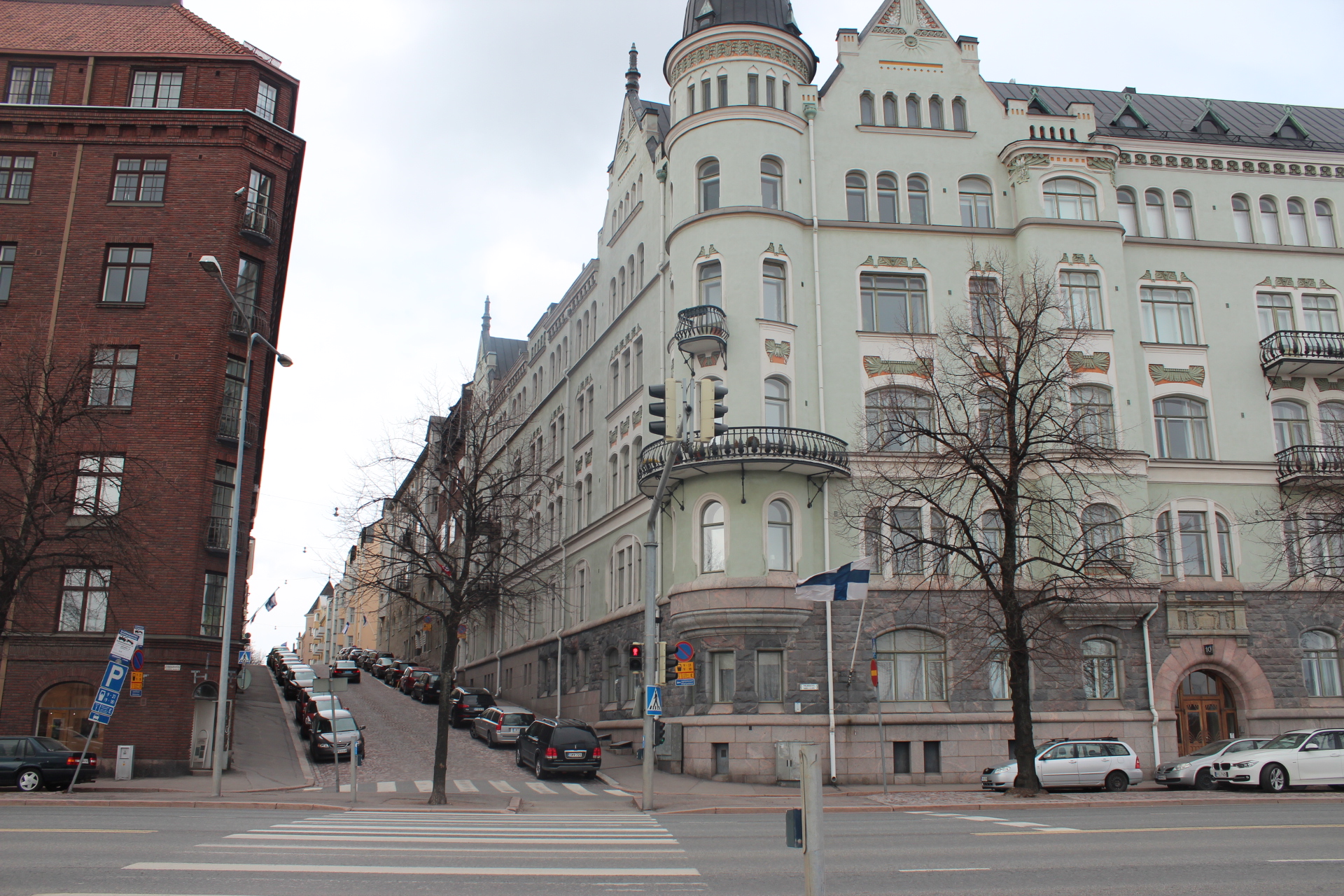NordenBladet — Antarctica, located around the geographical South Pole, and the surrounding islands south of 60 degrees South latitude together form the Antarctic region. Antarctica is the coldest, driest and windiest place on earth. It does not belong to any state and has no indigenous or permanent settlement.

The climate in Antarctica has impact worldwide. Photo: Pixabay
What, then, connects Arctic Finland, intersected by the Arctic Circle, to that southernmost continent of our planet? Surprisingly many things. In fact, that barren and almost completely ice-covered continent has an integral connection to every corner of the world. The reason is the continent’s central impact on the global climate and its changes.
Changes in ice cover affect the lives of millions around the world
Antarctica is covered by a huge ice sheet that in places is almost five kilometres thick. It contains 75% of the entire world’s fresh water and 90% of all the ice. It is therefore easy to see that even slight changes to the continent can have major global impacts.
The scales are huge. Fortunately, complete melting of the Antarctic glacier is unlikely, but if this were to happen, it is estimated that the sea level would rise by about 60 metres. Average temperatures have risen in both polar regions, and according to researchers, the melting of ice in the western part of Antarctica is accelerating at a rate that is difficult to predict. If the whole of West Antarctica were to melt, the estimated rise in the sea level would be about four metres worldwide. Even a much smaller rise in sea level could affect the lives of millions of people living on the coast around the world.
Finland plays an active role in Antarctic research
By studying the ice and atmosphere of Antarctica, the mechanism of climate change can be determined and both its rate and the human impact on climate change can be predicted more accurately. Studying the layers of ice can reveal information about the distant past. Antarctic research is, in a way, research on the entire globe and its history and future. The Antarctic is also home to rare, cold and dark ecosystems.
Finland is actively involved in Antarctic research. Finland has its own research station in Antarctica, Aboa, maintained by FINNARP, the Finnish Antarctic research programme of the Finnish Meteorological Institute. Regular research expeditions to Aboa have been organised since the 1980s. Although Finnish researchers would certainly find snow and ice closer to home, the research conducted in Antarctica is unique. Antarctica has a large, solid continental glacier and its own special features with regard, among others, to temperature, wind and atmospheric humidity. Corresponding information cannot be obtained from research done anywhere else.

